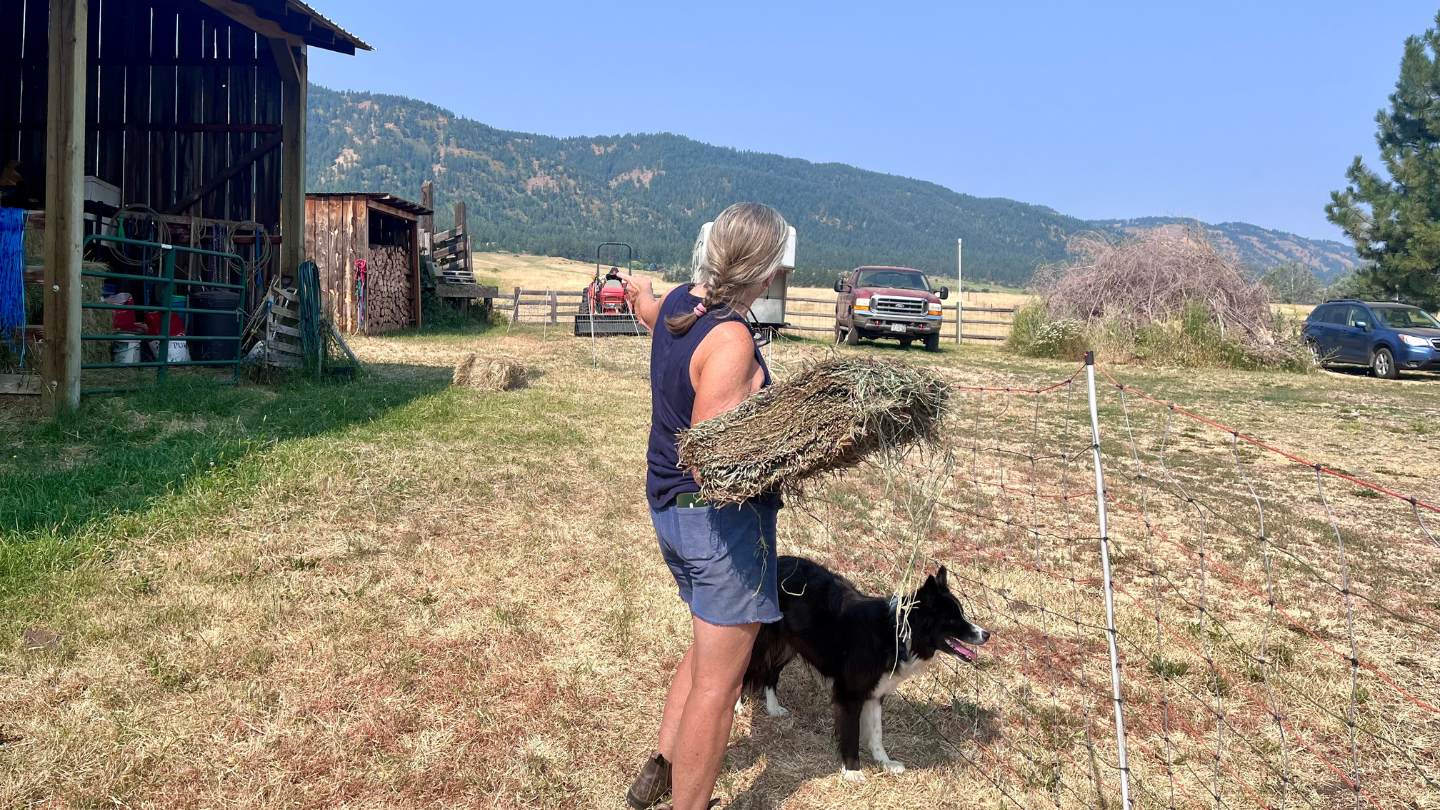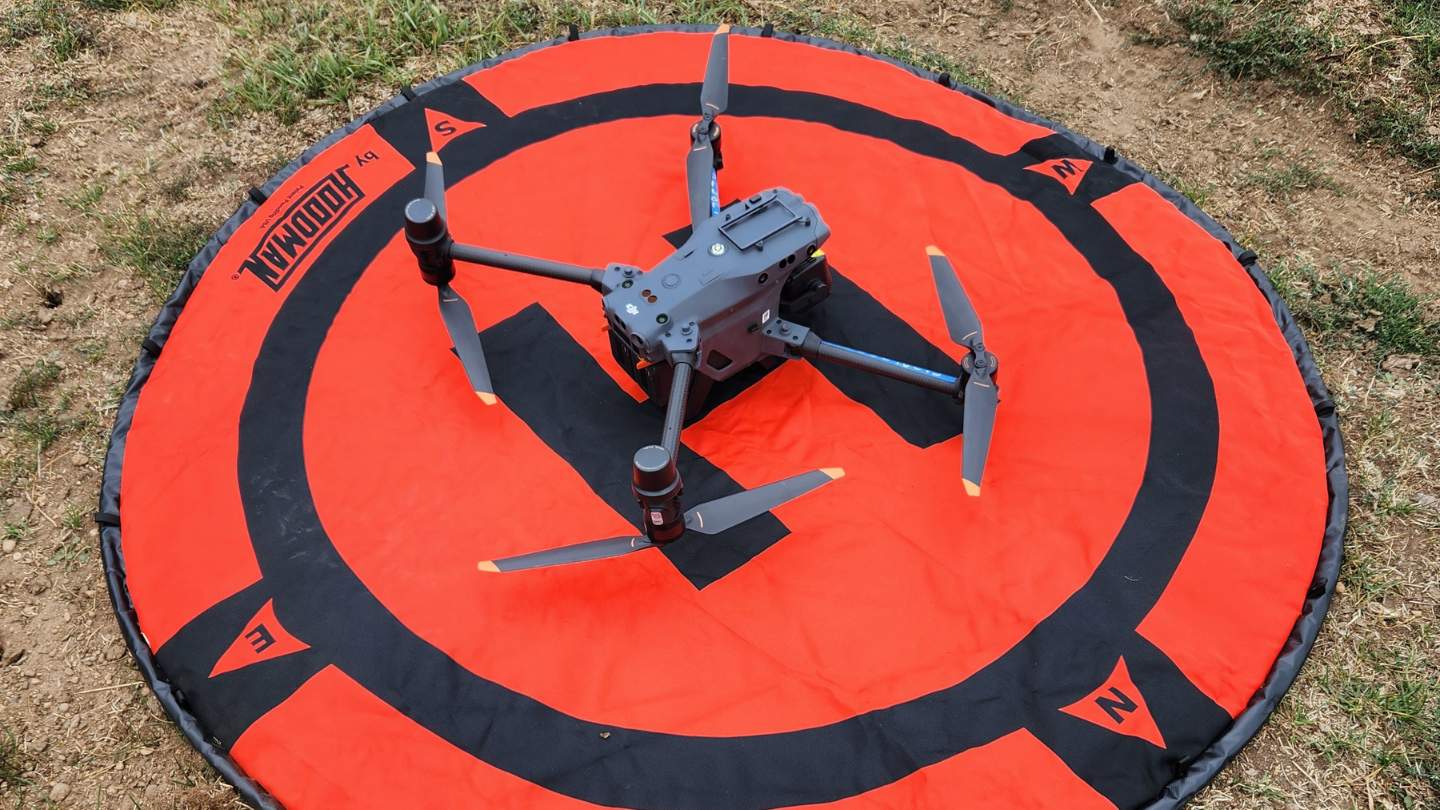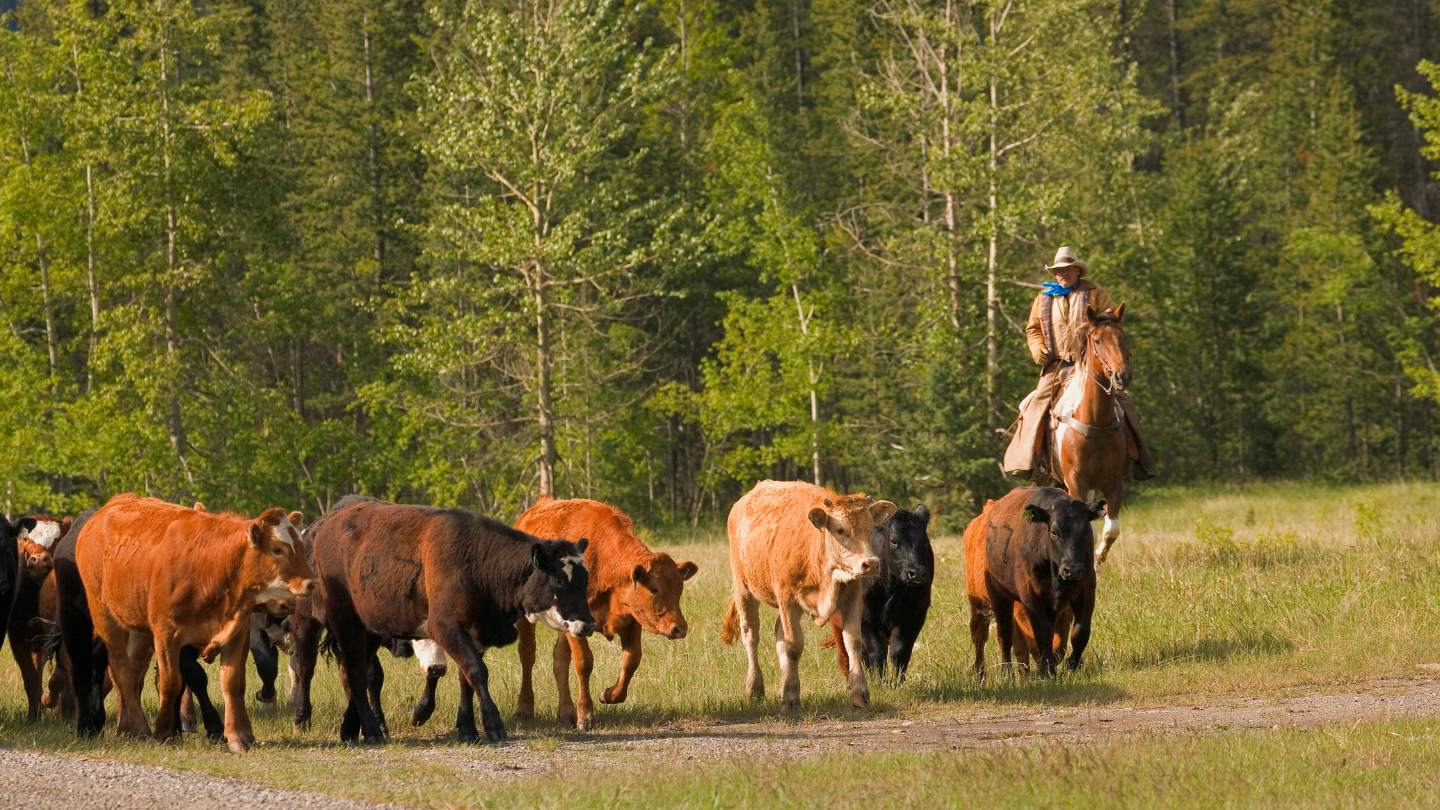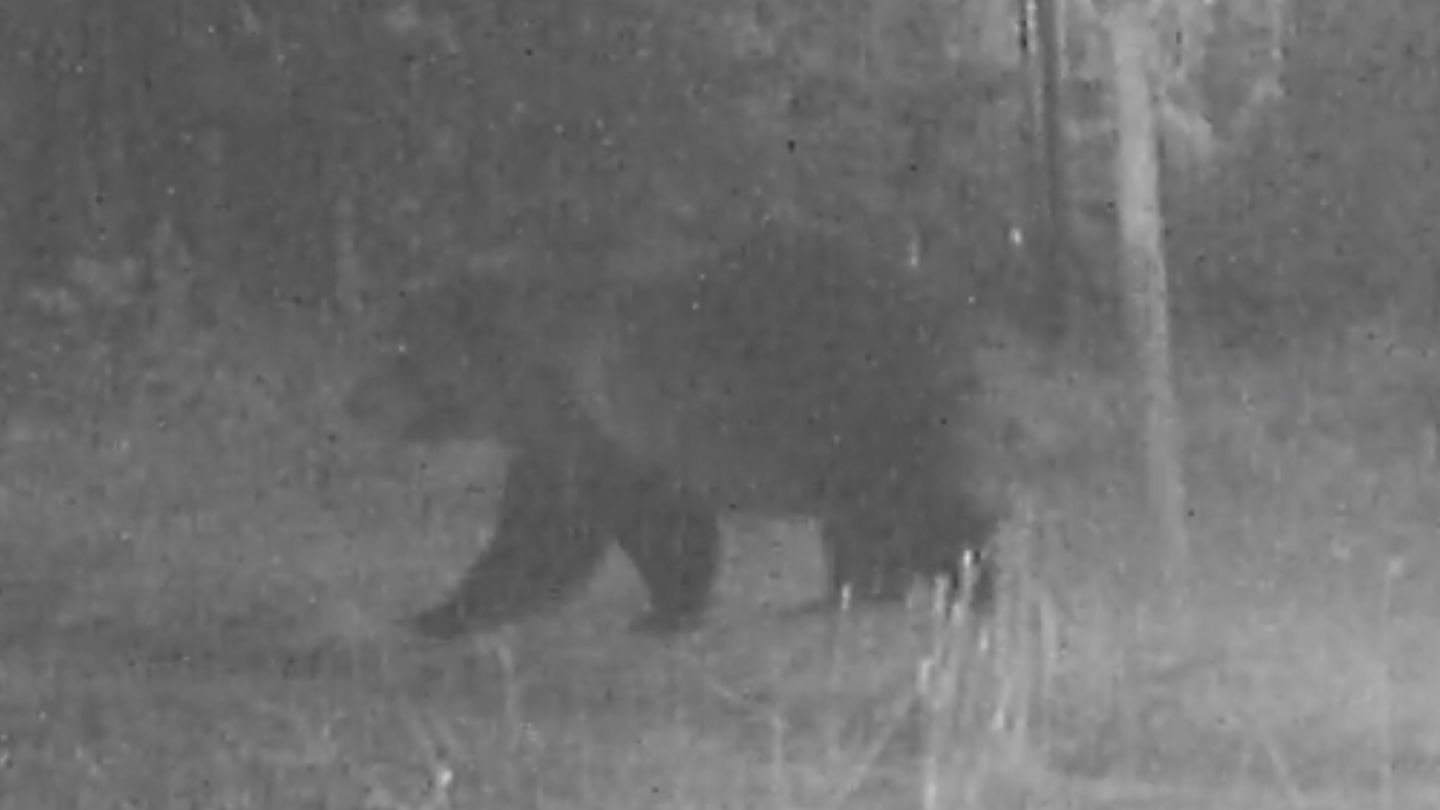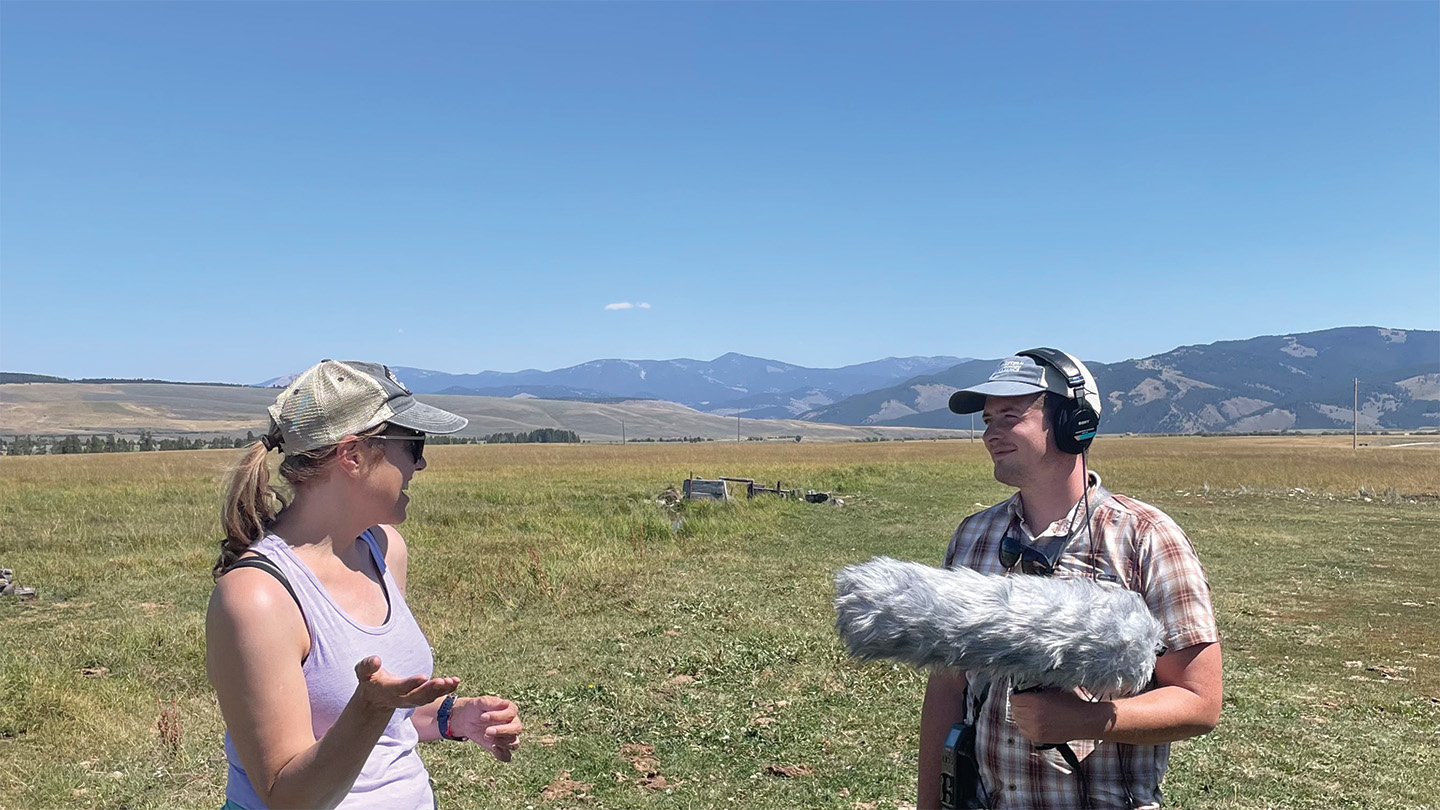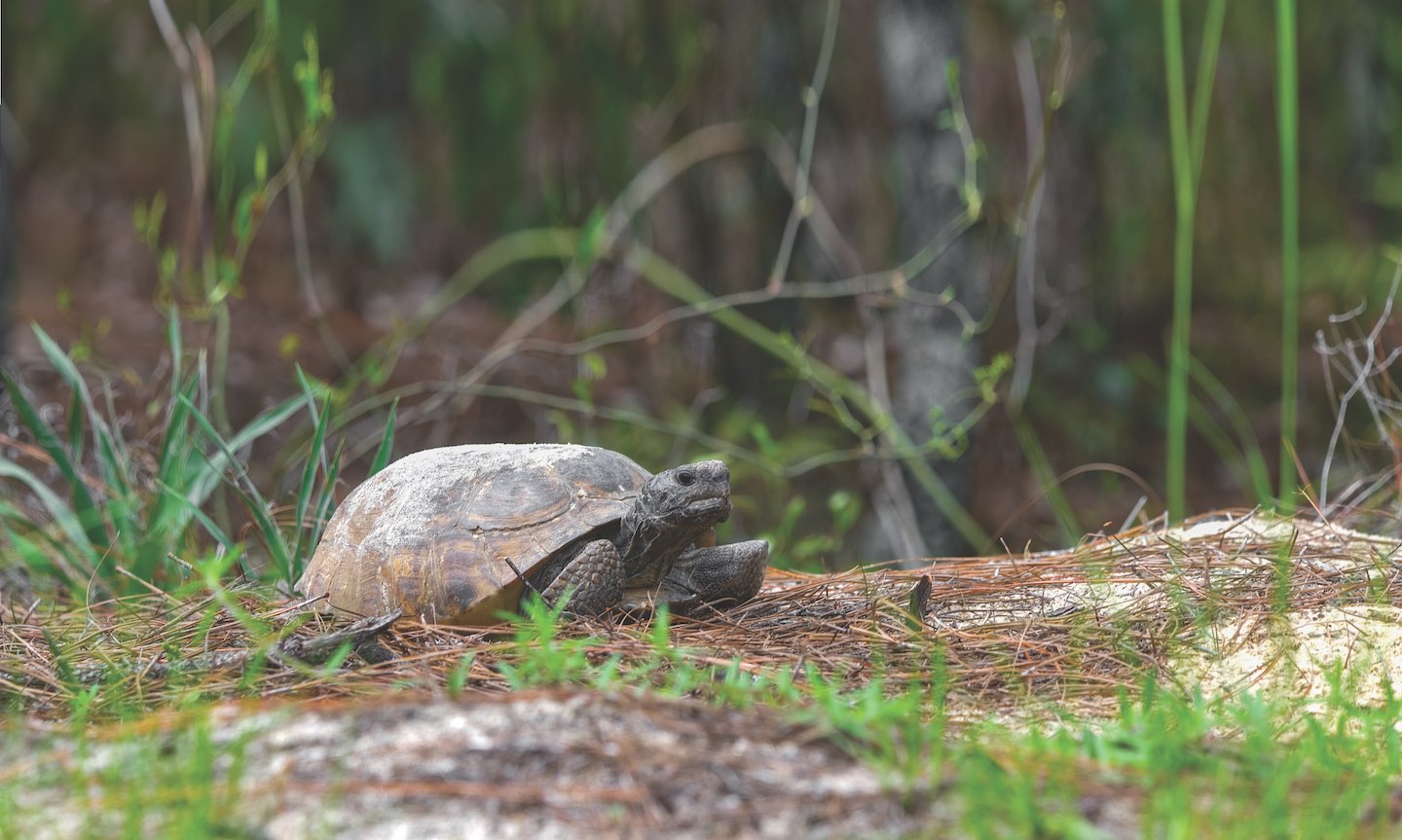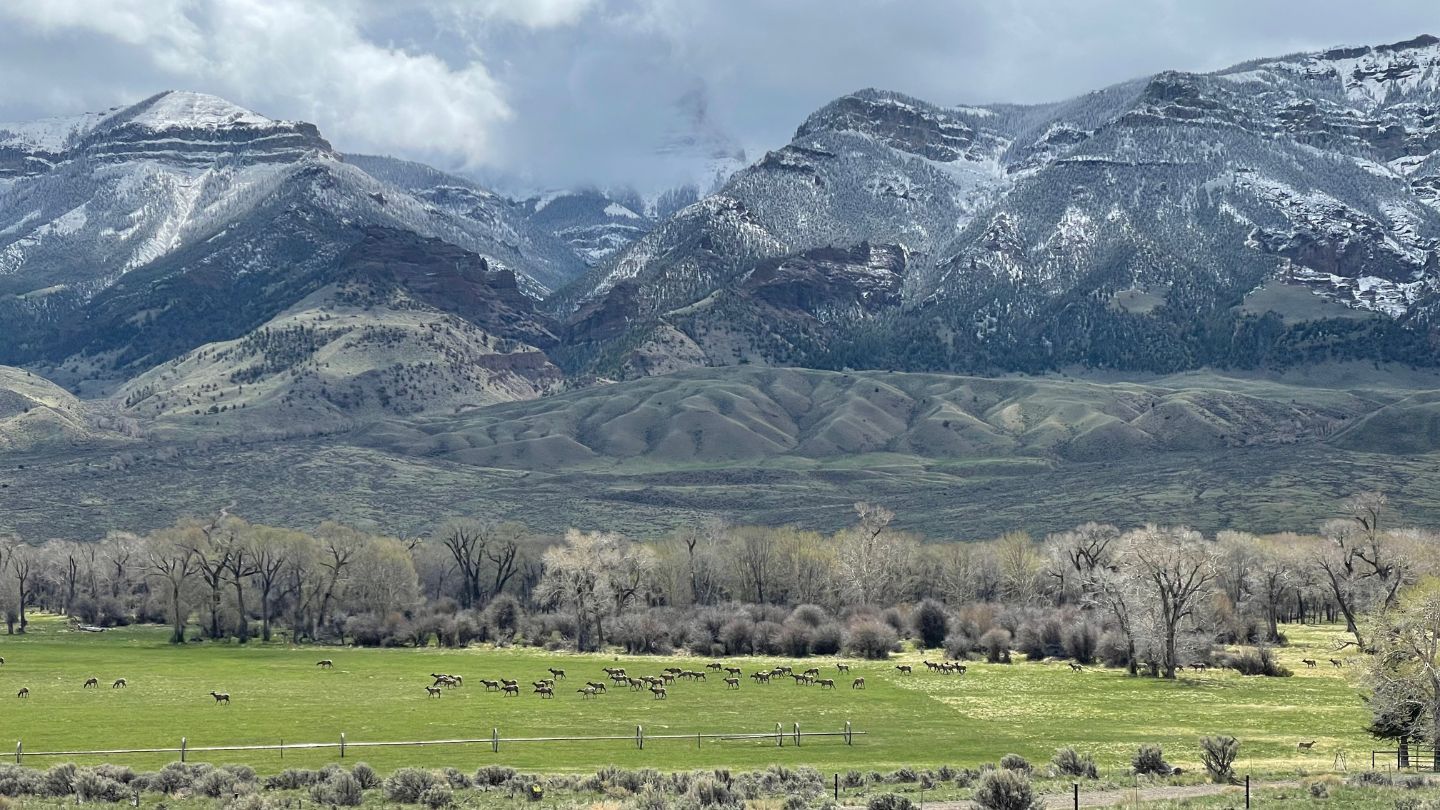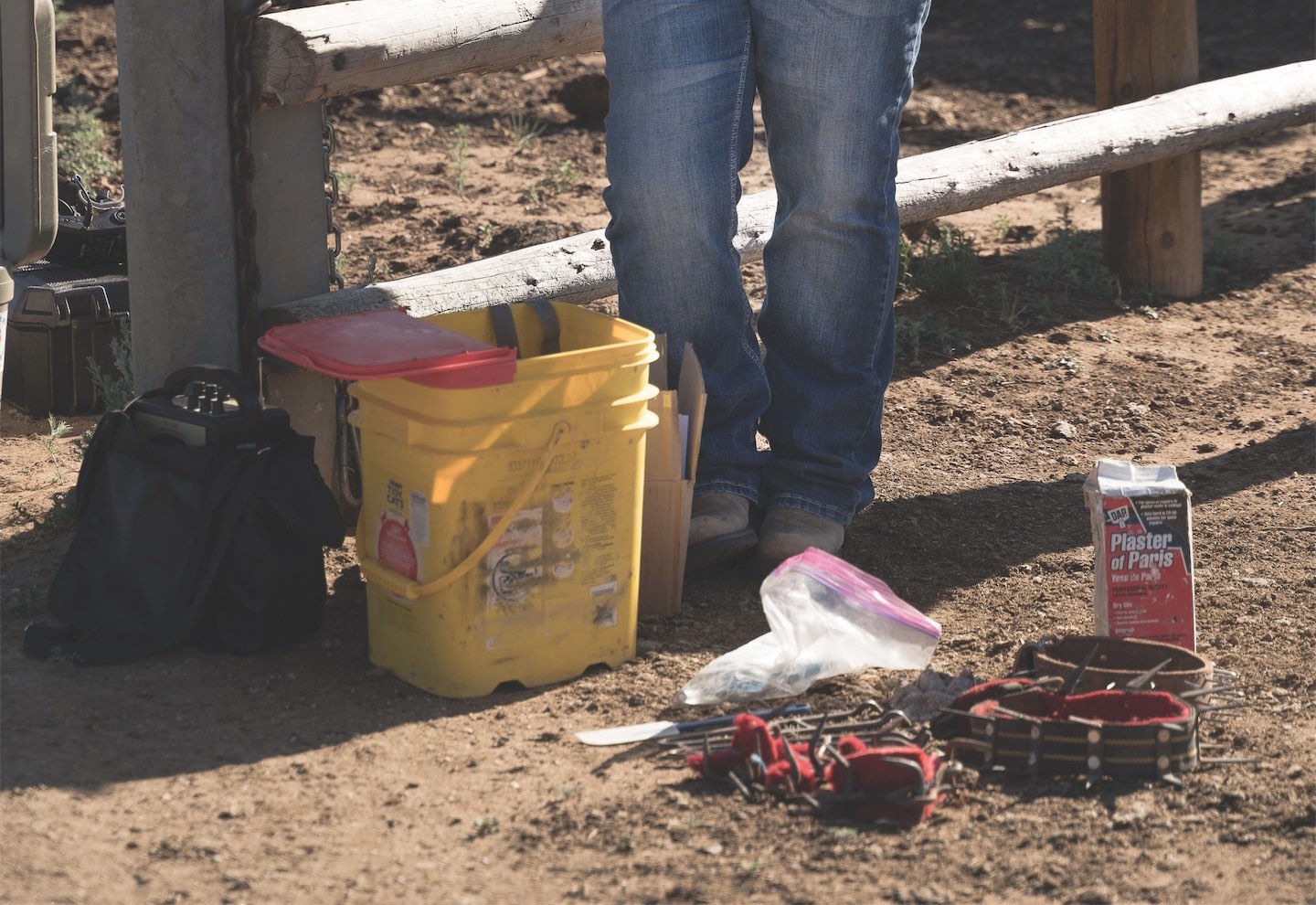Grizzly Bears and the Endangered Species Act: What’s Changing?
The U.S. Fish and Wildlife Service is proposing changes to the grizzly bear’s listing under the Endangered Species Act, and a public comment period is open until March 17th. But
Helping producers get to grips with virtual fencing
Webinar shares Montana experience on costs, benefits, and stewardship applications. Virtual fencing is changing the way livestock producers manage their herds, combining advanced technology with the age-old principles of grazing management.
Grizzlies and Grazing: Insights from the Film Screening and Panel Discussion
The "Grizzlies and Grazing: The Future of Bears and Ranching" film premiere and panel discussion brought together experts, landowners, and stakeholders to explore the intricate relationship between grizzly bear recovery
Wolves on the doorstep test sheep ranchers in small town Oregon
The 200 residents of Lostine, Oregon, never expected their small town to become a hotspot for wolf conflict. Surrounded by farm fields and with no recent history of wolf conflict,
Are drones an answer to wolf attacks on livestock?
Over just 20 days in the summer of 2022, there were 11 confirmed depredations by the resident Rogue Pack wolves in Southern Oregon’s Klamath Basin. But gray wolves are listed
$22 million to help ranchers steward habitat and reduce conflicts with large carnivores
More than $22 million in USDA funds are coming to help livestock producers across five Western states remain economically viable and steward habitat in predator rich environments, thanks to two
An official grizzly in the Big Hole
I don’t remember the name of the rider who called us that early morning in mid-July, 1982. We had a lot of turnover at the grazing association in the early
Producing season two of Working Wild U
Since the spring thaw, I’ve been traveling the West gathering stories for the forthcoming second season of Working Wild U, our award-winning documentary podcast presented by Western Landowners Alliance and
The ESA at 50: Six steps to better outcomes for people and wildlife
Were it not for the Endangered Species Act (ESA), it is likely that bald eagles, humpback whales, whooping cranes, peregrine falcons and American alligators would no longer be with us
Western Landowners welcome historic USDA working lands investment
Today, the US Department of Agriculture (USDA) announced major changes and new investments that recognize and support the vital role that working lands play in sustaining wildlife. The USDA is
USDA formalizes big game partnership with Wyoming
On October 17th, Agriculture Secretary Tom Vilsack and Wyoming Governor Mark Gordon signed a memorandum of understanding that ratifies a partnership between the state of Wyoming and the U.S. Department
Wolf monitoring that works for ranchers
Monitoring wolf movement helps ranch managers understand when and where these clever canids move through the landscape. This information can help with a host of management decisions that help to


